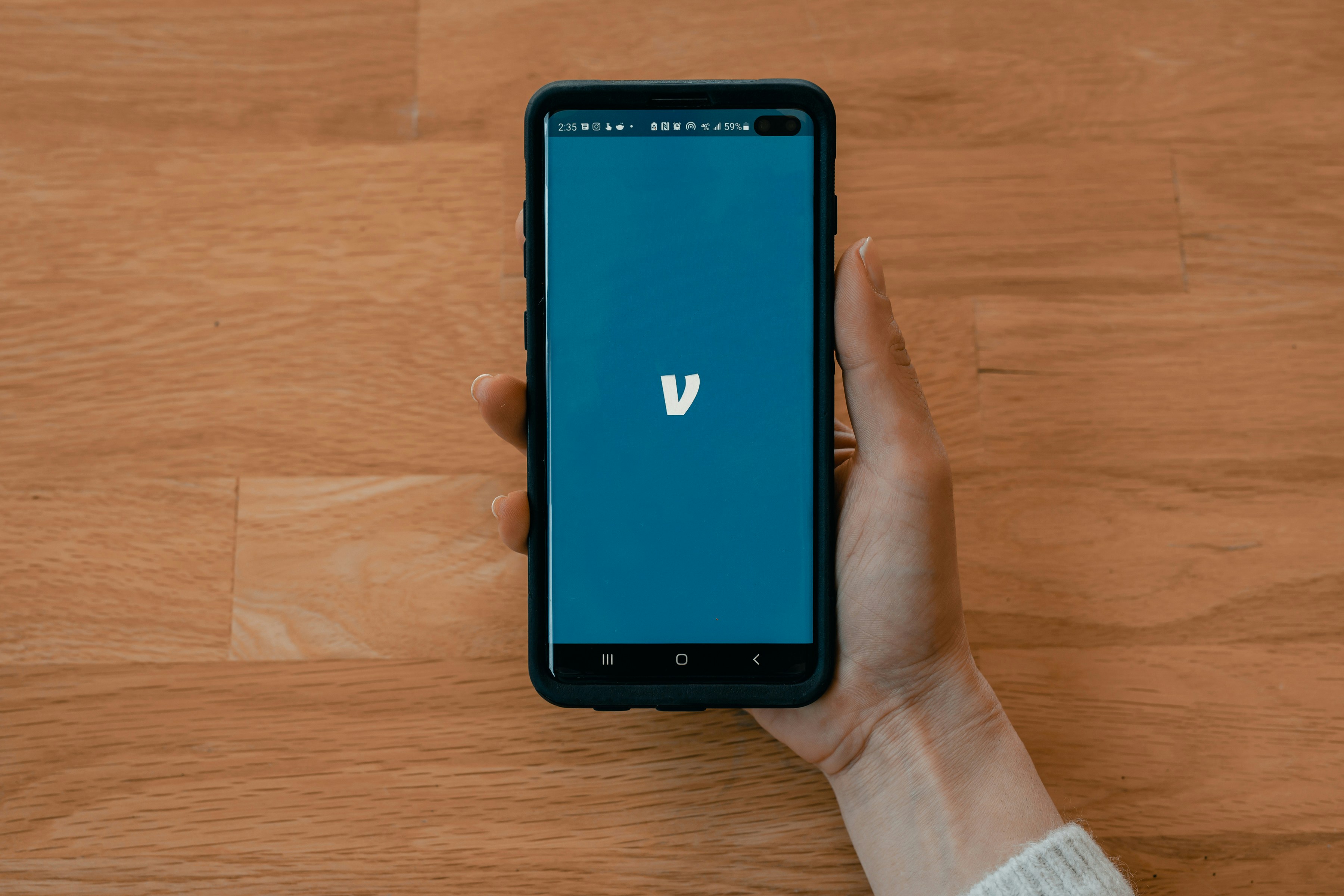In today's digital age, where Venmo requests can be sent with a single tap, the boundaries of friendship are being tested in new and unexpected ways. The age-old question of whether money and friendship mix has taken on a new dimension: If a friend bills you for a small favor, does it change the nature of your relationship?
Friendships have long been built on a foundation of mutual support and generosity. However, the rise of easy digital payments and a growing emphasis on personal boundaries has led to a shift in how some people approach favors among friends. This change has sparked debates about the ethics of charging for acts of kindness that were once considered part and parcel of friendship.
Jonathan Arnold's experience, serves as a poignant example of this emerging trend. When Arnold found himself in sudden need of medical attention, a friend swiftly came to his aid, driving him to the hospital. However, the story took an unexpected turn when Arnold later received a Venmo request for $4 from his friend to cover gas money.
This incident raises important questions about the nature of friendship and the expectations we hold for our social circles. Is it reasonable to expect reimbursement for small favors, or does this practice undermine the very essence of what it means to be a friend?
The Psychology of Friendship and Reciprocity
At the heart of this issue lies the concept of reciprocity in friendships. Traditionally, friends have operated on an unspoken understanding that favors would be returned in kind over time, without the need for immediate or monetary compensation. This system of give-and-take has been a cornerstone of social relationships for centuries.
However, the introduction of financial transactions into this dynamic can disrupt the delicate balance of friendship. Dr. Marisa G. Franco, a psychologist and friendship expert, notes, "When we start to put a price tag on every interaction, it can change the nature of the relationship from one based on care and mutual support to one that's more transactional".
The Impact of Digital Payment Apps on Social Norms
The ubiquity of payment apps like Venmo has made it easier than ever to request and send money for even the smallest expenses. While this technology has undoubtedly simplified many aspects of our financial lives, it has also created new social pressures and expectations.
Some argue that these apps have fostered a culture of hyper-accountability, where every small expense is tracked and billed. Others see it as a way to maintain fairness and prevent resentment from building up over time. The key question is whether this level of financial precision is compatible with the warmth and flexibility that characterize close friendships.
Navigating the Gray Area: When to Charge and When to Give
The decision to charge a friend for a favor is often not black and white. Many factors can influence whether it's appropriate to request payment, including:
- The nature and extent of the favor
- The financial situations of both parties
- The frequency of favors exchanged
- The overall dynamic of the friendship
Etiquette expert Lizzie Post suggests that for minor favors, it's generally best to err on the side of generosity. "If it's something small like a ride to the airport or helping move a piece of furniture, the polite thing is usually to offer your help freely," she advises.
Setting Boundaries and Communicating Expectations
Clear communication is crucial in navigating the complex terrain of favors and finances among friends. If you find yourself in a situation where you feel compelled to charge for a favor, it's important to discuss this upfront. This allows both parties to make informed decisions and prevents misunderstandings that could damage the friendship.
Similarly, if you're uncomfortable with a friend's request for payment, it's essential to express your feelings openly and honestly. A frank conversation can often lead to a better understanding of each other's perspectives and help establish mutually agreeable boundaries.
The Value of Generosity in Friendships
While it's important to respect personal boundaries and financial limitations, there's also immense value in cultivating a spirit of generosity within friendships. Acts of kindness without expectation of repayment can strengthen bonds and create a positive cycle of reciprocity.
As relationship expert Andrea Bonior points out, "The most fulfilling friendships are often those where both parties give freely of their time, energy, and resources without keeping score".
In an increasingly transactional world, maintaining the warmth and spontaneity of friendship can be challenging. While there may be situations where it's appropriate to request reimbursement for significant expenses, it's crucial to consider the potential impact on the relationship.
Ultimately, the strength of a friendship lies not in perfectly balanced ledgers, but in the mutual care, support, and understanding shared between individuals. By approaching favors with generosity and open communication, we can preserve the essence of friendship in an era of digital transactions and shifting social norms.















